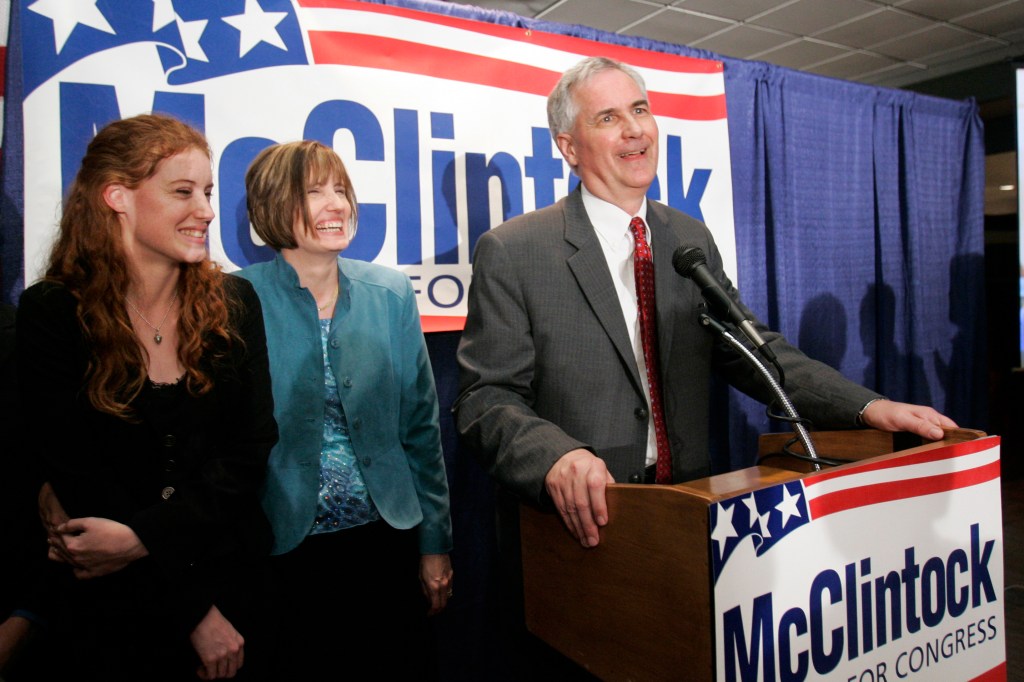

2 of 14 Elizabeth Blackwell, MD
Elizabeth Blackwell (1821-1910) made history in 1849 by becoming the first woman in U.S. history to receive a medical degree.

3 of 14 Rebecca Lee Crumpler, MD
In 1864, Rebecca Lee Crumpler (1831-1895) became the first Black woman in the U.S. to receive a medical degree from New England Female Medical College.

4 of 14 Susan La Flesche Picotte, MD
Graduating from Woman’s Medical College of Pennsylvania in 1889, Susan La Flesche Picotte (1865-1915) became the first Native American woman in the U.S. to earn a medical degree. During her career, she often provided financial, legal, and spiritual guidance to members of her tribe, on top of her medical care.

5 of 14 Marie Curie, PhD
Arguably one of the most famous scientists in the world, Marie Curie (1867-1934) paved the way for radioactivity in medicine through x-rays and cancer treatment.
- Previous Continue

6 of 14 Margaret Chung, MD
In 1916, Margaret Chung (1889-1959) became the first American-born Asian woman to earn a medical degree.

7 of 14 Virginia Apgar, MD
One of Virginia Apgar’s (1909-1974) lasting legacies is the “Apgar score,” the first standardized system for evaluating a newborn’s physical condition at birth.

8 of 14 Frances Oldham Kelsey, MD, PhD
Frances Oldham Kelsey (1914-2015) is renowned for her time working at the FDA. She took a bold stance and refused to approve thalidomide due to insufficient testing. It was later revealed that the drug was tied to severe birth defects, and she received the President’s Award for Distinguished Federal Civilian Service for her decision in 1962.

9 of 14 Ildaura Murillo-Rohde, PhD, RN, FAAN
Among the many honors throughout her career, one of Ildaura Murillo-Rohde’s (1920-2010) most notable achievements was creating the National Association of Hispanic Nurses in 1975. She strived to secure education for aspiring Hispanic nurses and support their community through the association.

10 of 14 Elisabeth Kübler-Ross, MD
Swiss-born psychiatrist Elisabeth Kübler-Ross (1926-2004) made monumental contributions to the psychiatry field. She is best known for her Five Stages of Grief, or the Kübler-Ross model, and helped shape modern-day conversations about death, dying, and grief.

11 of 14 Antonia Novello, MD
When Antonia Novello (1944-) became the U.S. Surgeon General in 1990, she was the first woman and first person of Hispanic descent to serve in the role.

12 of 14 Nancy Dickey, MD
In 1998, Nancy Dickey (1950-) became the first woman to be elected president of the American Medical Association.

13 of 14 Laurie Glimcher, MD
A trailblazer in cancer research, Laurie Glimcher (1951-) has accumulated various esteemed accomplishments throughout her career, including being the first female president and CEO of Dana-Farber Cancer Institute.

14 of 14 Rochelle Walensky, MD, MPH
Presumably best known for being the current director of the CDC, Rochelle Walensky (1969-2021) has had a distinguished career. She is considered a pioneer in HIV/AIDS research, and also serves as administrator of the Agency for Toxic Substances and Disease Registry.
Note: This article have been indexed to our site. We do not claim legitimacy, ownership or copyright of any of the content above. To see the article at original source Click Here


























